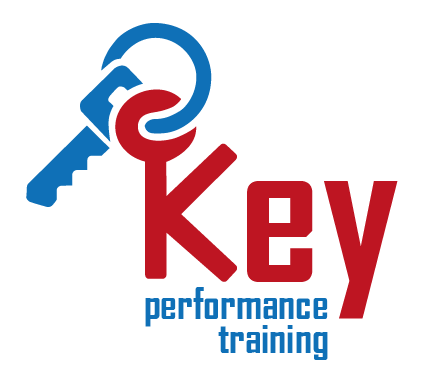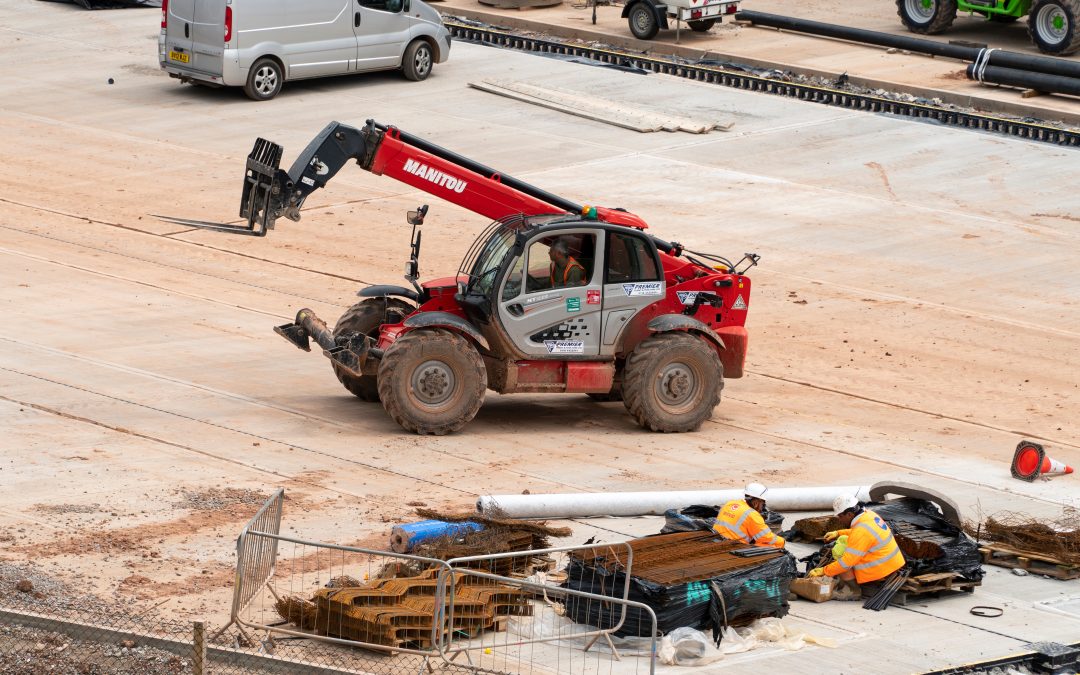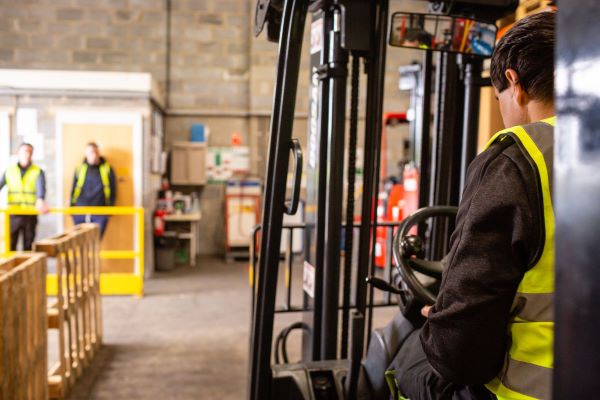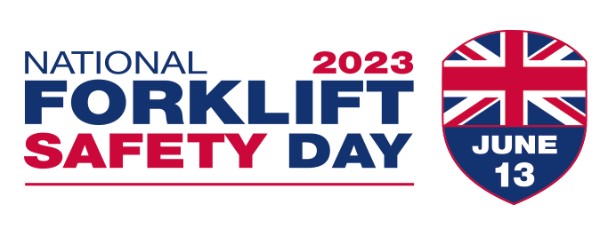
National Forklift Safety Day

National Forklift Safety Day
Tuesday 13th June is National Forklift Safety Day, and this year’s theme is “Safe Sites Save Lives’.
According to the HSE’s Workplace Fatal Injuries in Great Britain report, published in July 2022, 123 workers were killed in work-related accidents in 2021/22, with around a quarter of these (30) consigned to the Construction sector. The Transportation & Storage sector, which includes Warehousing & Logistics, shows 16 deaths.

The most common fatal industrial accident constitutes falls from height, accounting for 29 of the total number of deaths in the period. The second most common fatal industrial accident involved people being struck by a moving vehicle, followed by people being struck by a flying/falling object, contact with machinery and then trapped by something collapsing or overturning.
The risks associated with such incidents could be reduced if correct risk assessments are carried out, along with improved operator training and supervision, increased use of safety infrastructure and automation.
“Anyone with a stake in this important industry will recognise the importance of keeping workers safe and we hope National Forklift Safety Day will encourage more organisations to audit their safety protocols to ensure they remain compliant at all times” said David Goss, Technical Director of UKMHA (UK Material Handling Association).
Have you or your drivers had adequate forklift training? Do you have records to show what training they have had and that it’s in date? Would you be confident that in the event of an incident, you could provide evidence of that training and that it was sufficient and compliant? Have you had some near misses involving operators driving poorly?
There are lots of training companies and trainers out there offering courses, but the quality of that training can vary greatly. To ensure that any training you invest in is of a high standard and is HSE compliant, then you should use an accredited training company. Our RTITB accreditation ensures that our training is legally compliant, of a high standard and operators only pass our courses if they are competent to do operate.
We offer a huge range of forklift training courses in our centre, or we can come to you to deliver training at your site. Please see our forklift training webpage – https://keyperformancetraining.co.uk/flt-courses-rtitb-forklift-training-swindon-and-nationwide-counterbalance-reach-bendi-telescopic/#
If you want to ensure that you or your organisation are compliant and if you take the safety of those who operate on and around forklift trucks seriously, then contact to us about how our accredited training can help you.
Contact us on 01793 975353 or rachel.gearon@keyperformancetraining.co.uk for more information about how we can help or to book your course today.
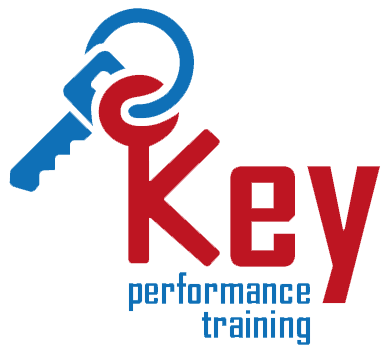
Need more information?
For more information please do get in touch – via our contacts page, email us or just give us a call on 01793 975353



